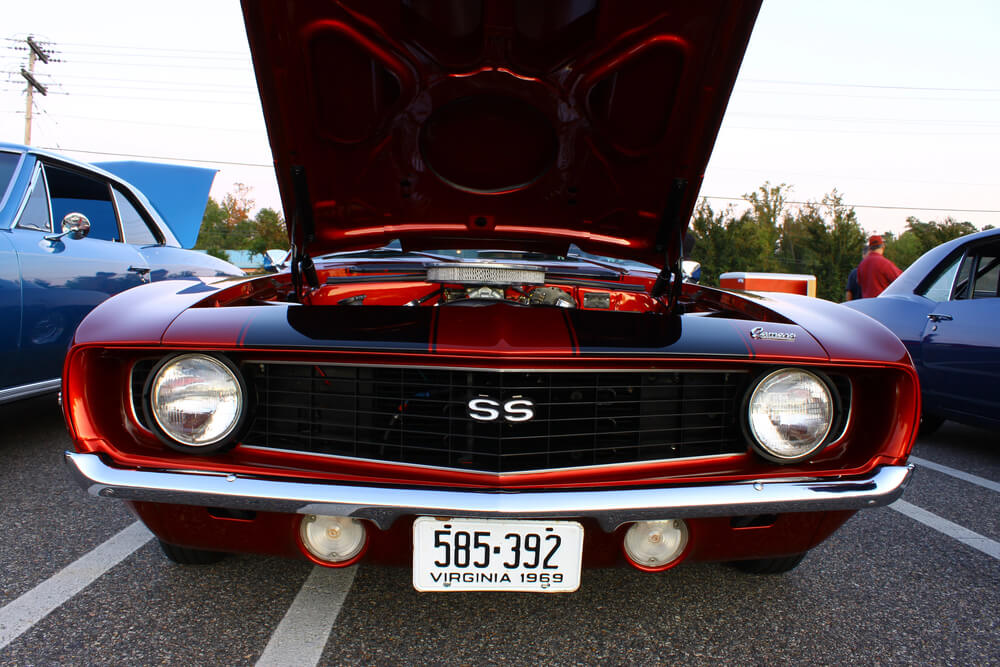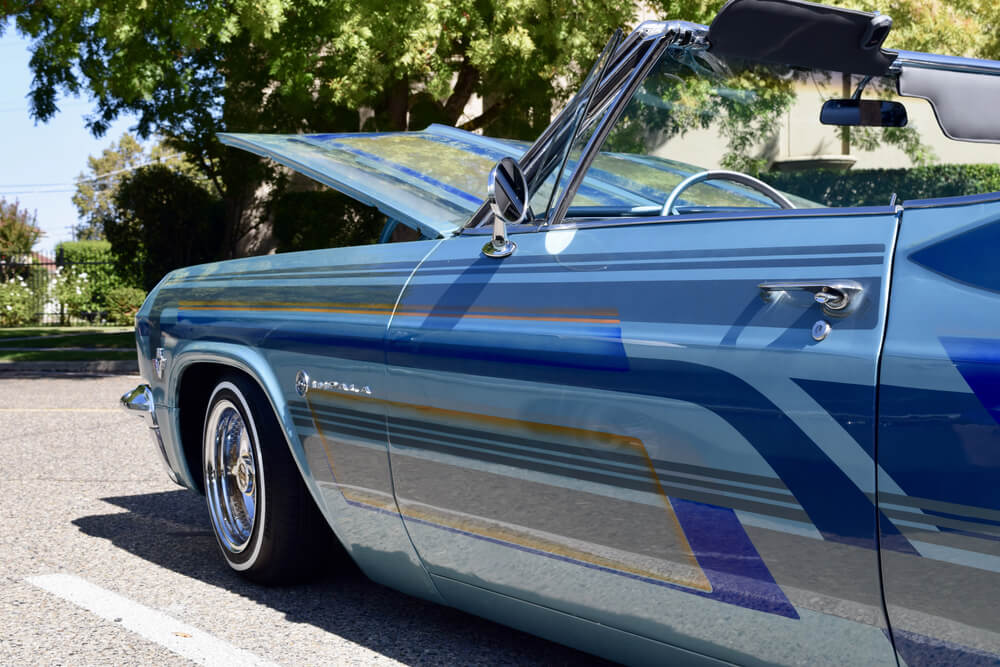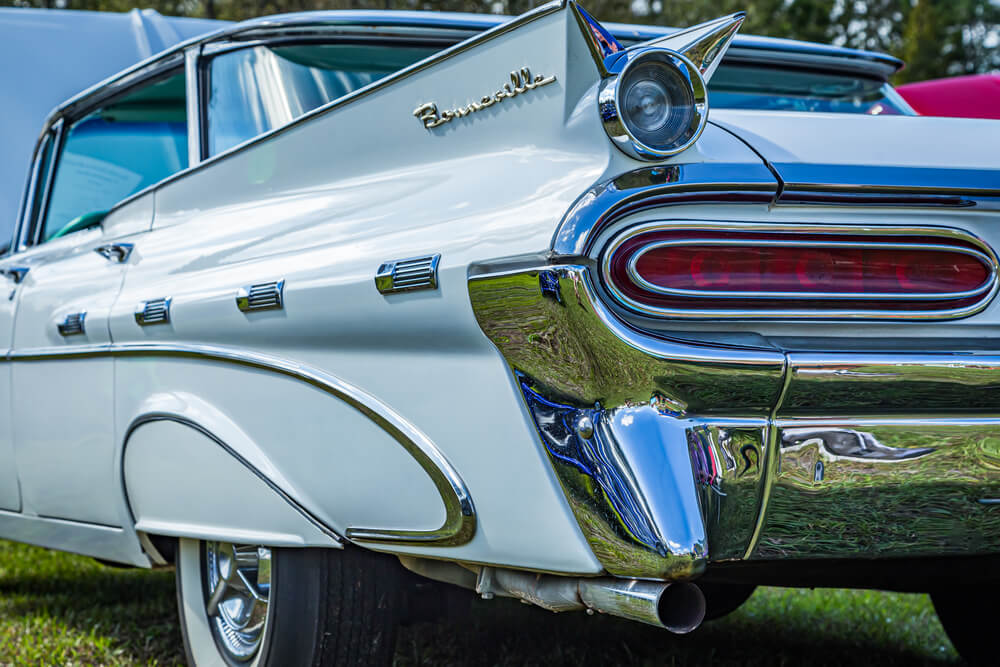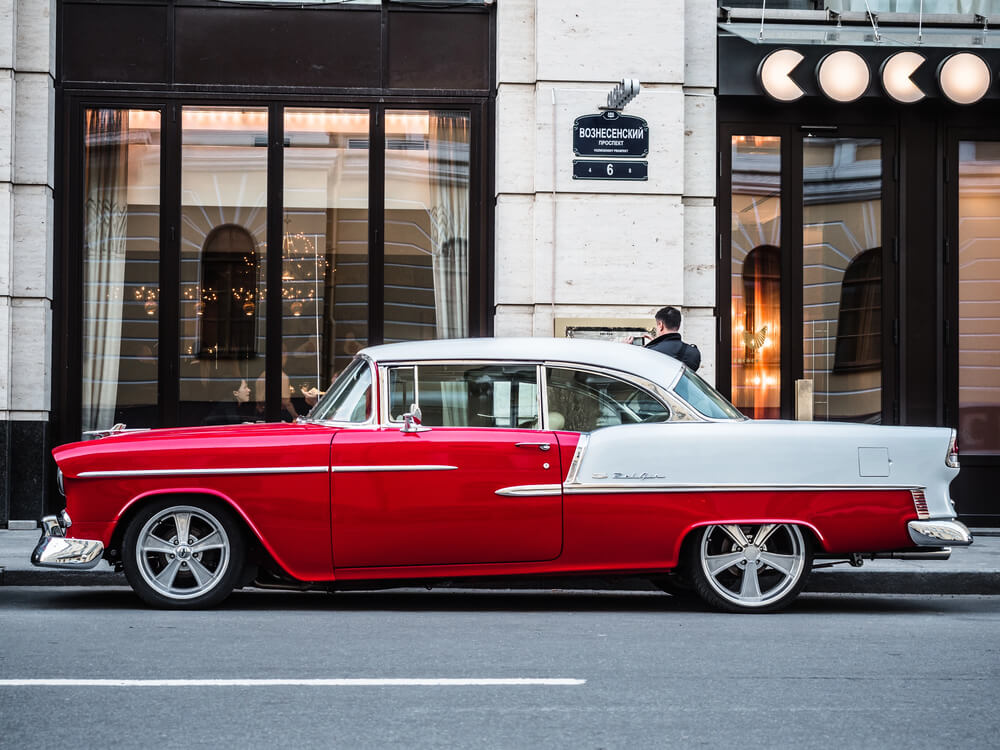Navigating Emissions Regulations for Classic Cars Across the United States
Classic cars represent history, nostalgia, and craftsmanship. For enthusiasts, these vehicles are more than just modes of transportation; they are prized possessions and symbols of automotive heritage. However, emissions regulations, which vary significantly across states, can pose challenges for classic car ownership and operation. This article explores these regulations, provides practical advice, and examines how they impact the classic car community.
Understanding Emissions Regulations for Classic Cars
Emissions regulations are designed to reduce air pollution by limiting the amount of harmful gases that vehicles release. While modern cars are built to meet strict emissions standards, older vehicles often face different rules due to their design and age. Many states recognize the unique nature of classic cars and offer exemptions or modified requirements for them.
Federal vs. State Regulations
The Environmental Protection Agency (EPA) sets federal emissions standards, but individual states can implement stricter regulations. For classic cars, the term “classic” or ‘antique’ is often defined by the state and may apply to vehicles over 20-30 years old.

Practical Tips for Classic Car Owners
Ensuring Compliance
If your state requires emissions testing for classic cars, follow these steps to improve your chances of passing:
- Regular Maintenance: Schedule tune-ups to ensure your engine runs efficiently.
- Replace Worn Parts: Consider upgrading or restoring components like the exhaust system and carburetor.
- Use Cleaner Fuels: Opt for premium or ethanol-free fuel to reduce emissions.
- Pre-Test Checkups: Visit a trusted mechanic to identify and fix potential issues before the official test.

Handling Failed Emissions Tests
If your classic car fails an emissions test, you have options:
- Repair: Address the specific issues identified in the test.
- Waivers: Some states offer waivers if repairs exceed a certain cost threshold.
- Exemptions: Re-evaluate whether your vehicle qualifies for an exemption.
Preparing for the Future
As emissions standards evolve, classic car owners must stay informed and proactive. Here are a few ways to prepare:
- Stay Updated: Monitor changes in state and federal regulations.
- Advocate: Join classic car clubs and associations that lobby for fair regulations.
- Plan Ahead: If traveling across state lines, research emissions requirements in advance.

Doing Your Part
Emissions regulations for classic cars vary widely across the United States, presenting both challenges and opportunities for enthusiasts. By understanding state-specific rules and exploring exemptions, owners can continue to enjoy their vehicles while adapting to changing regulations. The key is to balance preservation with compliance, ensuring that classic cars remain a cherished part of automotive history for generations to come.
Ready to get behind the wheel of your next classic? See why enthusiasts and collectors choose Woodside Credit’s loan program with the lowest monthly payments in America.


